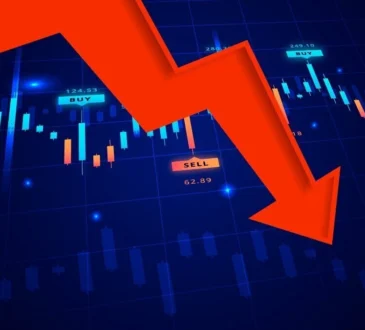As Donald Trump’s tariffs on countries across the world continue to send shockwaves in the global economy, many experts fear the worst is yet to come. Overnight, the US president sparked a trade war overnight with partners in all continents with many retaliating in turn.
The US president has said the tariffs are necessary to counter trade imbalances with nations that have been ‘pillaging’ the US, although some economists have called his administration’s sums into question.
Defending the measures, US secretary of state Marco Rubio said: “Businesses around the world, including in trade and global trade, they just need to know what the rules are.”
China has now imposed a 35 per cent tariff on imports from the US, matching the Trump administration’s figure on the nation. The European Union has also pledged to enact countermeasures, while ministers in the UK have hinted at retaliation if a trade deal with the US is not agreed.
Responding to the tariffs, EU president Ursula von der Leyen said: “Let’s be clear-eyed about the immense consequences. The global economy will massively suffer. Uncertainty will spiral and trigger the rise of further protectionism. The consequences will be dire for millions of people around the globe.”
The dramatic international spat has caused growth to halt across the globe, with US companies suffering the most. One of the countries most prominent indexes – the Dow Jones – fell more than 1,200 points, or 3 per cent on Friday. This took it to its lowest point since May 2024, which it previously had been rising steadily from.
Meanwhile, Britain’s FTSE 100 index suffered its worst one day drop since the start of the Covid pandemic. These sudden slumps have seen investors around the globe lose considerable amounts, with little hopes of a quick recovery.
Investors are now concerned that markets could fall even lower in the midst of an international trade war, leading to risk of a market crash. Analysts at major investment bank JPMorgan have also raised the risk of a global recession to 60 per cent, telling clients: “There will be blood.”
“[The tariffs], if sustained, would likely push the US and possibly global economy into recession this year. An update of our probability scenario tree makes this point, raising the risk of a recession this year to 60 per cent,” they say.
9 March 2020 – global stock markets suddenly crashed amid fears of a global recession which were triggered by the Covid-19 pandemic and an oil price way between Saudi Arabia and Russia. The Dow Jones and FTSE both plunged at the fastest rates in decades, although recovery was faster than in 2008.



